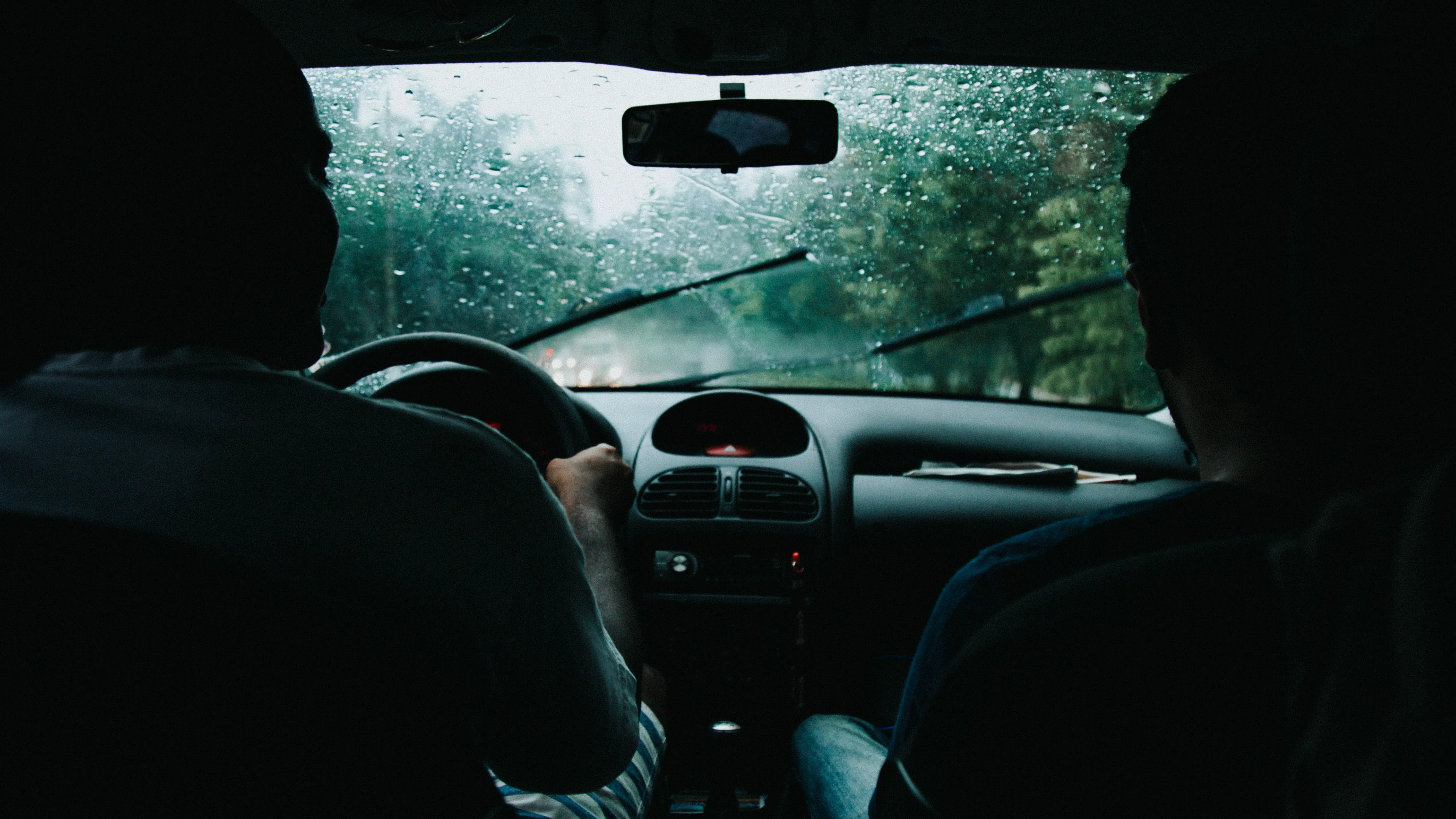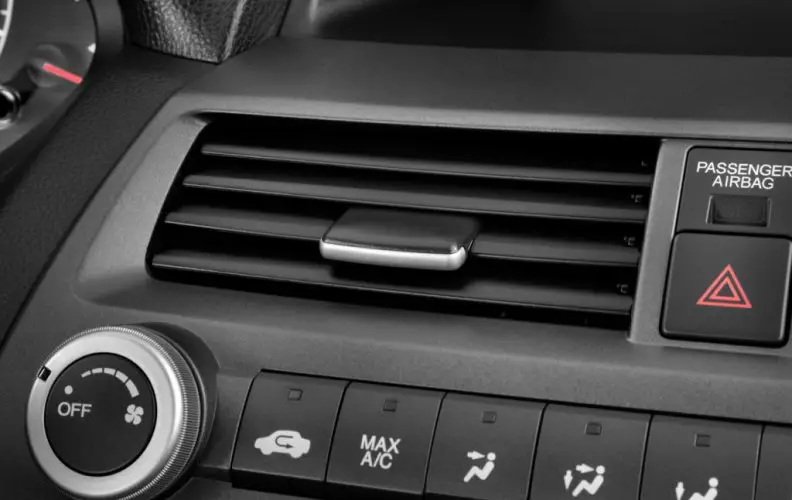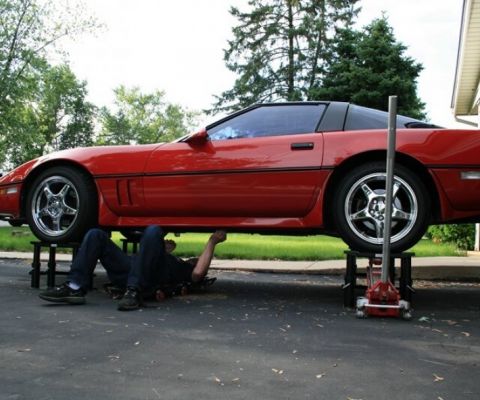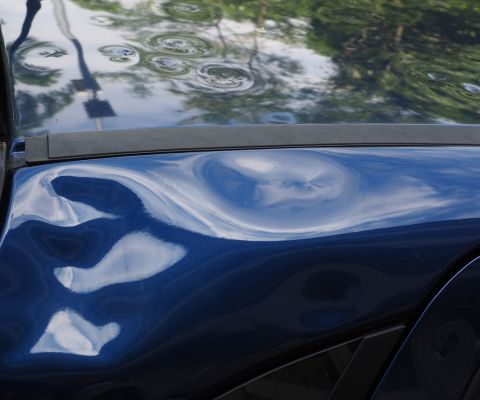Driving Internationally: What You Should Know
 Driving Internationally: What You Should Know
drivrzone.com
Driving Internationally: What You Should Know
drivrzone.com
How many of us actually get to go overseas on vacation or even on business? If you’re like most people, when you go on vacation or even business, you are shuttled from the airport to your hotel and use that service or a cab to get where you need to go. Wouldn’t it be easier to be able to rent a car and just drive where you want to and when you want to?
Unfortunately, like most, it can be intimidating and frightening to be driving in a foreign country, not to mention if you don’t speak the language you might not understand the street signs. Getting pulled over and getting a ticket in a foreign country would not be ideal while on vacation let alone being late for a business meeting and have to explain that one to the boss. In this blog, we are going to give you some pointers on how driving internationally can be beneficial and safe, but at the same time give you tips for making it easier on yourself in the end.
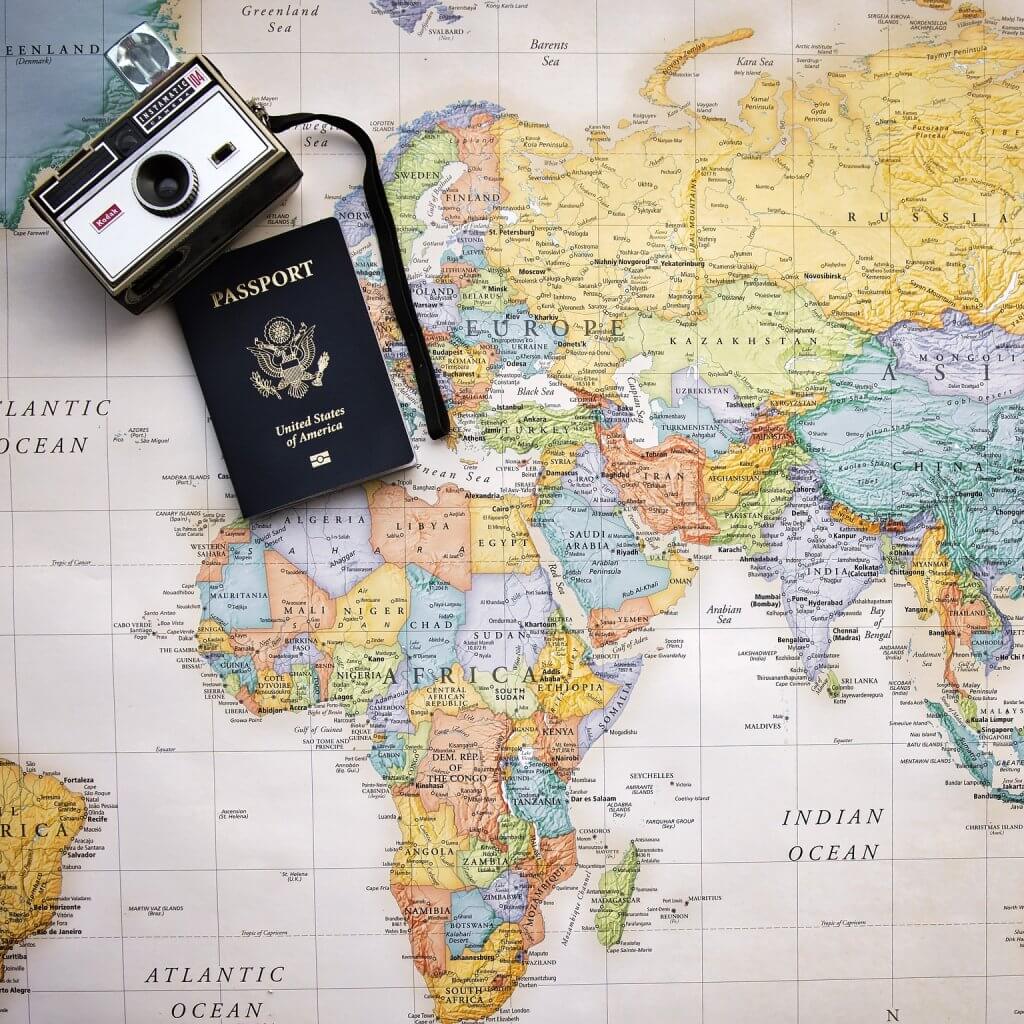
Getting Started
Passport and Visas
Before any overseas trip, you will need a passport if you don’t already have one. If you do have one, first and foremost, make sure that your passport is not expired. If you don’t have one, you will need it. Though it might not be necessary in some nations around the world, some will require a tourist visa.
If you already have your passport, the State Department’s website will give you the best answer as to whether the country you are going to visit will require the visa. So when finding out if and what you need for where you are going, make sure you give yourself enough time. Visa’s especially can be time-consuming and expensive.
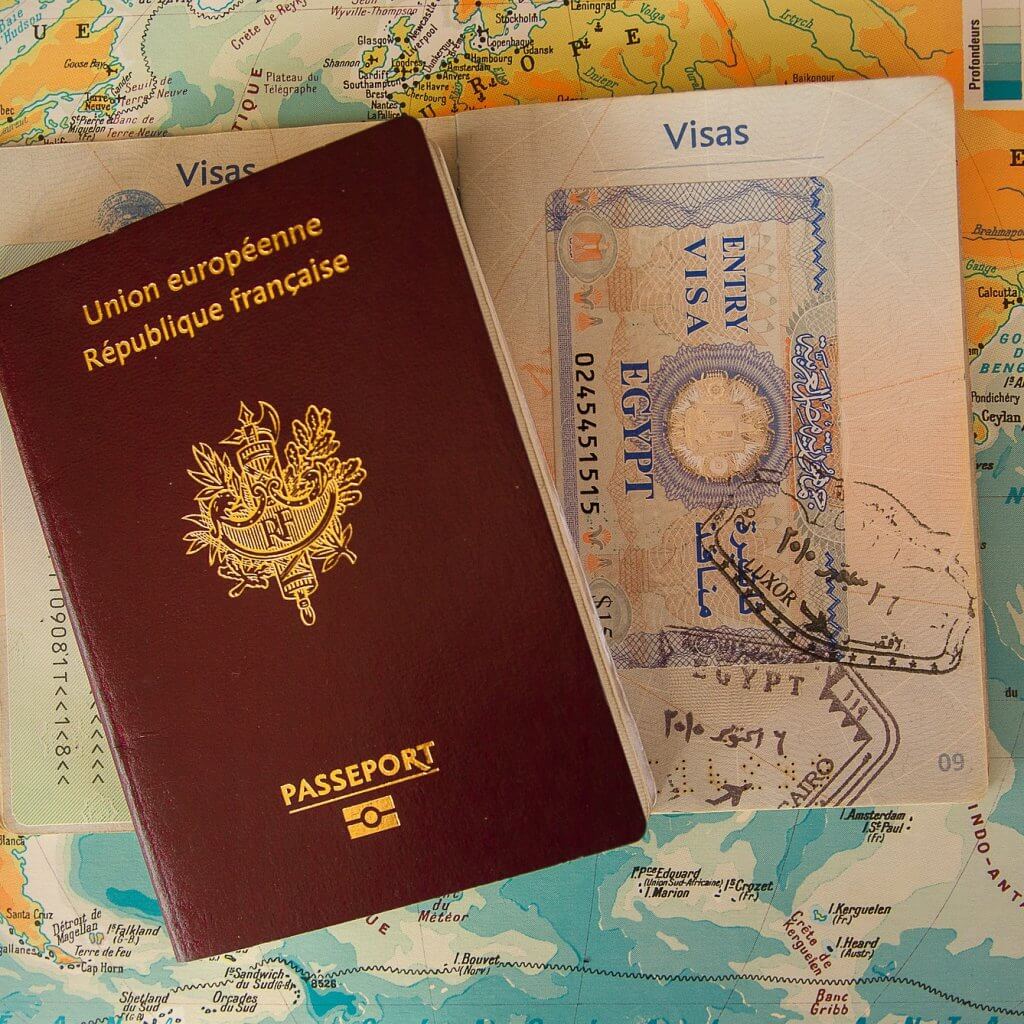
Obtain International Driving Permit
Now, in order to drive in the country you are visiting, you will most likely need to obtain an international driving permit. Most countries don’t recognize U.S. driver’s licenses, so, therefore, you will need to contact the AAA or the National Auto Club. Every country may have different rules or procedures to follow in order to obtain this permit, so it is best to look up specifically where you are going and find out what they require before leaving. It can take some time for you to go through this process, so you want to give yourself enough time to accomplish this before you leave. You will also need to provide insurance as well for vehicles, however, most car rental companies offer this service, it is best to be well aware of what you need.
Check for Travel Advisories
Travel advisories let you know what areas you should probably avoid, or if traveling on your own is something that will put you at risk. Some countries will have certain areas of travel that are not permitted and the last thing you want to do is cross into one of those areas. These advisories will also let you know if there are any traffic delays or times of day that are better than others to travel. Just like the states, being stuck in traffic or going where you don’t want to be, could be more bothersome than need be.
Things to Know
Standard Transmission
Here in the states, most drivers and now most motor companies have begun producing more automatic transmission vehicle. In most other countries, however, they still have manual transmission vehicles. Finding one with an automatic transmission may be difficult to find, and to top it off because vehicles are built differently, your stick shift will be on the left side versus the right side. Make sure you are prepared for this in case this happens.
Right Side to Drive
As many of us are away, some countries drive on the opposite side of the road. This is why their cars are built different, however, in some countries that change from city to city. So if you plan on staying in one city but traveling to another, make sure you are up to speed on what lane you will be traveling in. It could change when crossing city limits.
Know Your Road Signs

There are basic international road signs, however, based on the country they can differ slightly. Depending on where you go, some of the signs may confuse you or amuse you, but either way, a basic understanding of them will come in handy. They can come in a variety of sizes, shapes and even colors. Unlike in the U.S., the signs overseas can be combined into direction and information. They are also more likely to be stacked as well, which when coming down the narrow road or highway at a high rate of speed can be confusing if you have no basic understanding of them.
You can check with your local AAA (American Automobile Association) for some help with some basics, however, your best source for these would be the embassy in the country you are traveling to. They can give you the official rules and regulations regarding driving.
Traffic Laws
We all know too well that laws for on the road are ever-changing, and with social media today, sometimes it is hard to know what to believe or not with those laws. Traffic Laws in other countries will differ than here in the United States, and depending on where you go, they can differ from city to city as well.
Most countries will still have an agency available like our local Department of Motor Vehicles, in which you can get a list of these laws and possible fines. Make sure you seek out the appropriate agency and request a copy of these laws and fines. They will possibly give you driving manuals, and useful tips as well for driving in their country.
Cultural Differences
Cultural values will play an important part in some countries on how people react and drive around you. Some countries do not allow women to drive, or if they do, very rarely. So you may encounter some aggression by male drivers if you are a woman behind the wheel. Where there is overpopulation, drivers may tend to not care about what is around them and will be less courteous. Most of us tend to try to avoid animals, however, in other countries, they could care less and not swerve to avoid them.
If you have an average car and are in a more high-end country, they might now care about your vehicle and you could find dings and dents that you didn’t know where there when turning in your rented car. Always be mindful of where you are and who is around you, do not under any circumstances let someone convince you to get out of your car because they notice something. Wait for the proper authorities or call the local authorities, some cultures will use these as ploys to get you to leave the vehicle and then rob you.
In Case of Emergency
Register Your Trip
In the case of traveling abroad, it is always best to find out where the American Embassy is in that country. Get all the information, like phone number, address and so forth. Especially if you are going to be driving in that country because if for some reason you run into a problem with the local authorities, it is best to have this information for help. Plus registering your trip lets the State Department know when and where you were going ahead of time so that nothing is left to chance. We have all seen the stories on the news and social media, on how people get stuck in a country and the embassy is the one helping them. Being prepared for this is not to say it will happen, but it will give you some peace of mind.

Make sure that your financial institute knows where you are going, if you have to charge your card for anything, some banks will hold funds thinking it is a fraud. Make sure that you know if the country requires you to have their currency on hand and what the exchange rate is for where you are going. Also know that if you for any reason get pulled over and are required to pay a fine, most countries will not let you leave without doing so first. You are going to want to take care of it swiftly and quickly so that when you go to leave, you are not detained. Some places require on the spot payment, others you will have to go to the local courts and pay the fine.
If your vehicle is cited on a camera in some instances, it is possible it will be sent to your rental company, and when you go to turn in the vehicle, you could have more charges than what you were prepared for, so make sure you bring extra in case. Camera charges will catch you and you may not know you did anything wrong, but your rental place will.
Insurance Coverage
Like stated earlier, most rental car companies will have insurance available for you through their business. In the cases where they don’t, make sure that you have insurance through a reliable company that will cover in case you are in an accident. This would include car insurance as well as health coverage for yourself or another driver in another vehicle. Many companies will have loopholes in their coverage, so check with your local embassy page to see what is required in a specific country for coverage. This way if something does happen, you have the proper insurance and coverage to take care of any costs.
Copies of Documentation
Always carry with you, or in a place you can access easily, copies of all your documentation. This will include copies of your Visa, passport, driving permit, driver’s license, and insurance information. Things happen while on trips, such as lost luggage or your wallet is stolen. Having several copies of this information, not just on a phone which could be taken, is a necessary thing to have. You don’t want to be in a situation where if something does happen and law authorities are involved, you can’t prove who you are and why you are there.

Sources
- Huff Post – Driving in a Foreign Country
- Fodors.com – 10 Things you need to know before any international trip
- Driving Tests – International Driving Permit and License
- Travel State Gov – International Before you go Driving and Road safety





